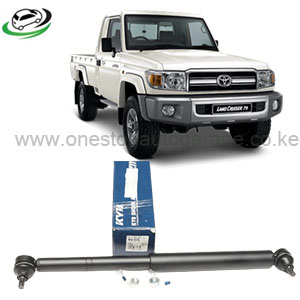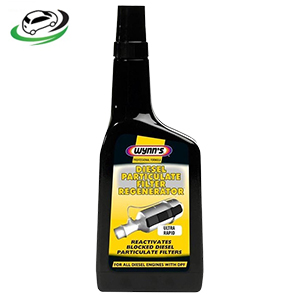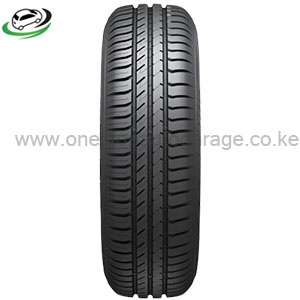-13%
FIND THE BEST PRICES FOR Tyre size195/65/R15 IN NAIROBI KENYA.
Tires are one of the most critical components of any vehicle, playing a crucial role in safety, performance, and fuel efficiency. Understanding their importance and knowing how to determine the best tires for your vehicle, as well as recognizing signs of wear and tear, is essential for every driver. Here’s a comprehensive look at the significance of tires and how to ensure you’re using the right ones:
Importance of Tires:
1. Safety: Tires are the only point of contact between your vehicle and the road. They provide traction, grip, and stability, especially in adverse weather conditions like rain, snow, or ice. Worn-out tires compromise your ability to control the vehicle, increasing the risk of accidents.
2. Performance: Tires influence the handling, braking, and overall performance of your vehicle. High-quality tires can enhance cornering ability, responsiveness, and overall driving experience. On the other hand, inadequate tires can lead to poor performance, longer braking distances, and reduced fuel efficiency.
3. Fuel Efficiency: Tires contribute to your vehicle’s fuel economy. Properly inflated tires with good tread patterns reduce rolling resistance, improving fuel efficiency. Conversely, underinflated or worn-out tires increase rolling resistance, causing the engine to work harder and consume more fuel.
4. Comfort: Tires also affect ride comfort and noise levels inside the vehicle. Quality tires with proper tread patterns and construction can provide a smoother ride and reduce road noise, enhancing overall comfort for passengers.
How to Determine the Best Tires:
1. Consider Your Driving Needs: Assess your typical driving conditions, including weather, terrain, and driving habits. Choose tires designed to perform well in those conditions, whether it’s all-season, winter, or performance tires.
2. Check Tire Size and Specifications: Refer to your vehicle’s manual or tire placard to find the recommended tire size, load index, and speed rating. Select tires that match these specifications for optimal performance and safety.
3. Look for Quality Brands: Research reputable tire brands known for their quality, durability, and performance. Brands like Michelin, Bridgestone, Continental, and Goodyear are often reliable choices, but there are many other excellent brands available.
4. **Read Reviews and Ratings**: Check online reviews and ratings from other drivers and automotive experts to gauge the performance and reliability of different tire models. Look for feedback on factors like traction, tread life, and overall satisfaction.
5. Consider Longevity and Warranty: Look for tires with a good treadwear rating and a comprehensive warranty. Longer tread life means you’ll replace your tires less frequently, saving money in the long run. A solid warranty provides peace of mind against premature wear or manufacturing defects.
Signs of Worn-Out Tires:
1. Tread Depth: Measure the tread depth using a tread depth gauge or the penny test. If the tread depth is worn down to 2/32 of an inch or less, it’s time to replace the tires.
2.Uneven Wear: Inspect the tread surface for uneven wear patterns, which may indicate alignment issues, suspension problems, or improper tire inflation.
3. Cracks or Bulges: Check for cracks, cuts, or bulges on the sidewalls of the tires. These can weaken the tire’s structure and increase the risk of blowouts.
4. Vibration or Handling Issues: Pay attention to any vibrations, pulling to one side, or changes in handling characteristics, as these could signal tire problems or other issues with your vehicle.
5. Age: Even if the tread depth looks sufficient, consider the age of the tires. Rubber degrades over time, so if your tires are more than six years old, it’s recommended to replace them, regardless of tread wear.
In conclusion, tires are a vital aspect of vehicle safety, performance, and efficiency. By understanding their importance, selecting the best tires for your needs, and recognizing signs of wear and tear, you can ensure a safer and more enjoyable driving experience. Regular maintenance, including proper inflation, rotation, and alignment checks, will also help maximize the lifespan and performance of your tires.



